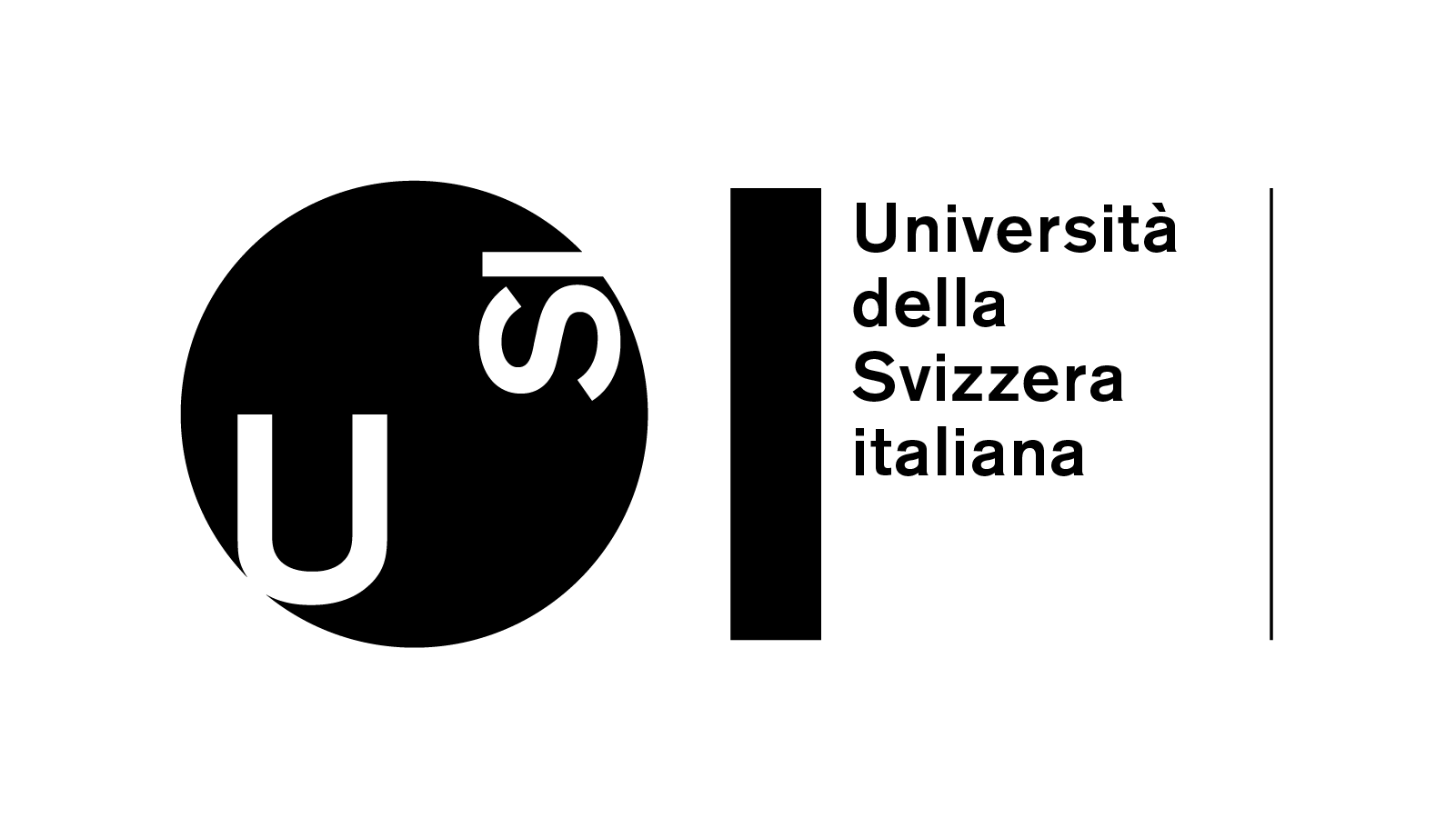FRIDAY 9
Introduction
3.30pm-4pm
Welcome
4pm-5.30pm
Introduction. Why should a philosopher be interested in AR and VR?
6pm
Drink
SATURDAY 10
Virtual Metaphysics.
9.30am-10am
Coffee break
10am-11am
Virtual Reality: The Ontological Options. The primary aim of the first class is to set out the options – i.e., to briefly introduce participants to virtual realism and irrealism – allowing both to be explored in greater depth over the course of the day. A second aim is to clarify/discuss the general notion of ‘realism’. What does it mean to say something is (not) real? Possible additional points to discuss here might be whether/why we should prefer ontological ‘desert landscapes'?
11am-12pm
Virtual Realism. This class is focused on virtual realism (Chalmers 2019, 2022). Herein, we will spell out the details of the position, as well as consider arguments for and against it.
12pm-2pm
Lunch break
2pm-3.30pm
Virtual irrealism. Building on the previous, this class concentrates on irrealist approaches for virtual ontology. Several forms of irrealism will be discussed and critically evaluated.
Alexander Murphy Virtual objects: what you see is what you get.
4pm-8pm
Experience in VR
SUNDAY 11
Virtual Perception & Epistemology.
9.30am-10.30am
Virtual Perception. Veridicial, illusory, hallucinatory? In this meeting, we will discuss different approaches we might take to perception in AR/VR. Topics might include whether we might have different answers in VR and AR, whether the title trio exhaust the options, how the answers we give depend on out ontology.
10.30am-11am
Coffee break
11am-1pm
Virtually Learning. Epistemology in/of VR. One obvious application of AR/VR is as a teaching tool – would-be surgeons can perfect their skills without risking patients’ live by stepping into virtual operating rooms, mechanics can get better at repairing machines via virtual garages, and pilots can be trained through VR simulators. But how is it that we can gain knowledge about the real-world by engaging with virtual worlds? Are there reasons to think we can’t? Similarly, we seem to be able to gain knowledge about virtual worlds themselves (e.g., I know that if I move like this, my avatar will throw the virtual frisbee). How does this work? Is it the same process as gaining knowledge about the real world? The aim of this meeting is to discuss these and related topics.
1pm-3pm
Lunch break
3pm-4pm
Yen Tung Lee Virtual Veridicalism, Cognitive Orientation, and Fregean Representationalism.
Luca Marchetti VR's Pictorial Experiences. Seeing-in, Seeing-as and the Transparency Effect.
4pm-5pm
Giulia Andreini The Oneiric Embodiment of VR: a Phenomenological Approach.
Twan Stiekel Metaphysical Realism and the Lifelong Dream Hypothesis.
5pm
Sport Activity
MONDAY 12
Virtual Minds & Lives
9.30am-10.30am
Minds in VR. The first sessions concerns issues about the mind in virtual spaces. Questions to be discussed include how the mind and body interact in virtual worlds, how consciousness might manifest itself in digitial spaces, and whether AR/VR extends the mind.
10.30am-11am
Coffee break
11am-1pm
Simulated Lives & Digital Immortality. This meeting is about various questions concering our living in virtual worlds. Topics here can include: (i) can you lead a good/valuable life in a virtual world? (ii) Do simulated lives matter (or matter as much as “real” lives)? (iii) Is a form of digital immortality possible? (iv) Do familiar moral and social problems arise in virtual worlds?
VR as Empathy Machines? One can VR deliver on this promise, or is this just blue sky thinking? And, even if it can, are there limitations about how good an empathy machine VR could be? This meeting will discuss these and related questions.
1pm-3pm
Lunch break
3pm-4pm
Alex Fisher Virtual Reality, Depiction, and Imagination.
Zuzana Rucinska Enactive imagination and virtual affordances.
4pm-5pm
Sandra-Catalina Branzaru Virtual reality systems as empathy machines.
Niccolò Nanni Real Emotions for Virtual Characters.
TUESDAY 13
Virtual Beauty
9.30am-10.30am
Virtual Aesthetics. AR and VR are genuinely fascinating medial developments, ones which promise much in the way of novel aesthetic possibilities. Yet little has been said about the aesthetics of these two media forms. To that end, this meeting focuses on how AR/VR is being used by artists to produce grounding breaking works that push the boundaries of art and art criticism. Particular focus will be placed on the notions of interactivity and immersiveness, and the impact they can have on aesthetic experiences.
10.30am-11am
Coffee Break
11am-1pm
Wrap-Up. In the final class, we will discuss how the various points we’ve covered fit together. Do we end up with a holistic, coherent account of AR/VR? What, if any, loose threads are there? How might we make the picture sharper/neater?
Further information can be found here
